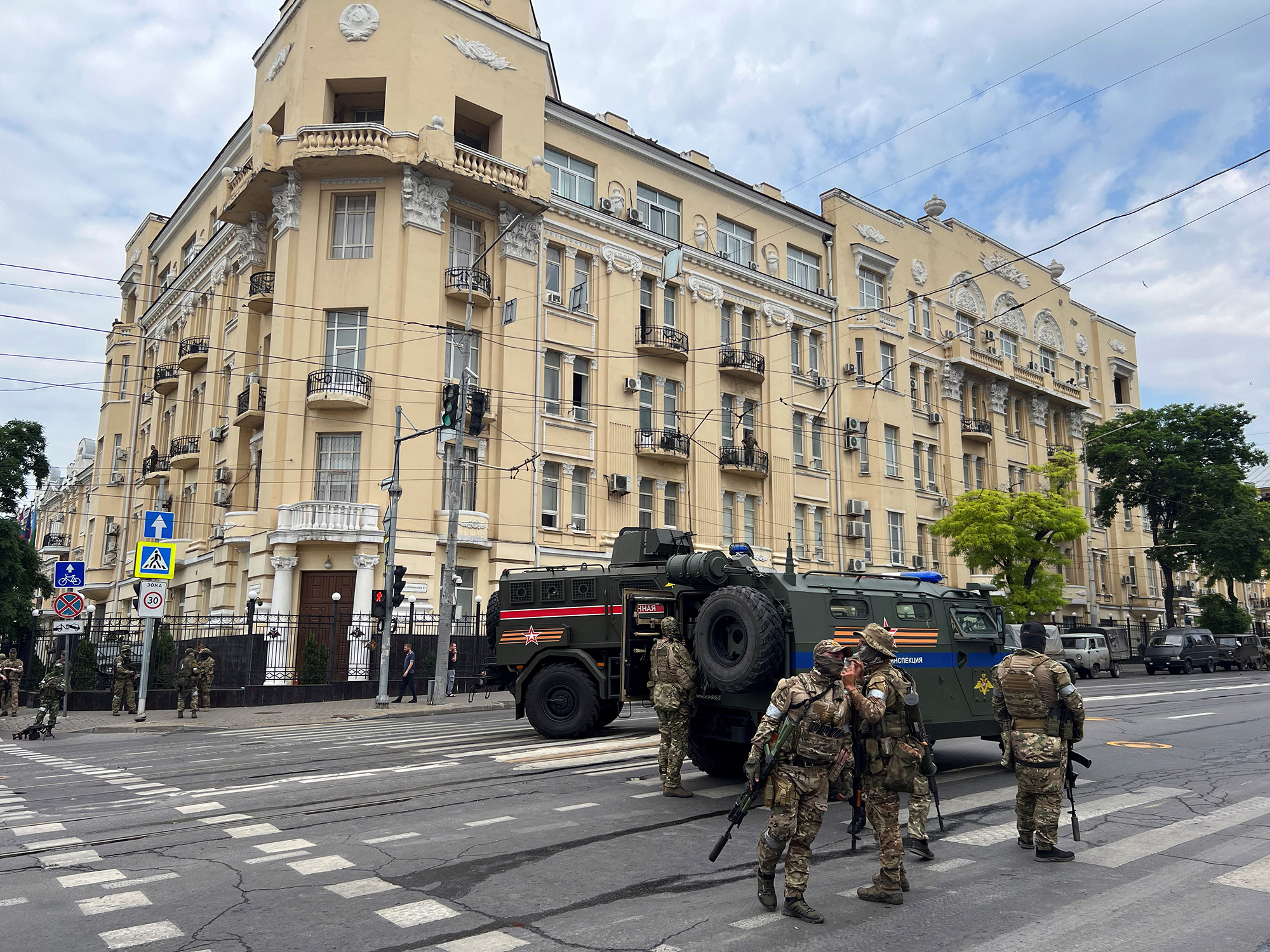In recent news, the world has been shaken by the rebellion of the infamous Wagner Group, a private military organization operating in Russia. Led by Yevgeny Prigozhin, the group has claimed control of a key city, prompting a stern response from President Vladimir Putin. In this blog we’ll shed light on the reasons behind the Wagner Group’s rebellion, the formation of the group, its significance, and the latest updates surrounding the conflict. Additionally, we will delve into the ongoing Russia-Ukraine war and its potential impact on India.
What is the Wagner Group? How it is formed?
To understand the motives behind the Wagner Group’s rebellion, we must first know how it was formed.
The Wagner Group is a private military company (PMC) believed to have been formed in 2014 by Yevgeny Prigozhin, a Russian businessman known to have close ties to President Putin. The group has gained notoriety for its involvement in conflicts around the world, including Ukraine, Syria, and Libya.
The precise nature of the relationship between Putin and the Wagner Group remains somewhat elusive. While the Russian government has denied any official connections to the group, numerous reports suggest Putin’s direct involvement in its formation and operations. The Wagner Group is often described as a “proxy army” or “shadow army” acting on behalf of Russian interests, allowing deniability and flexibility in foreign engagements. According to the reports, this entire wagner group is being funded by the Russia Government but the govt. has always denied it
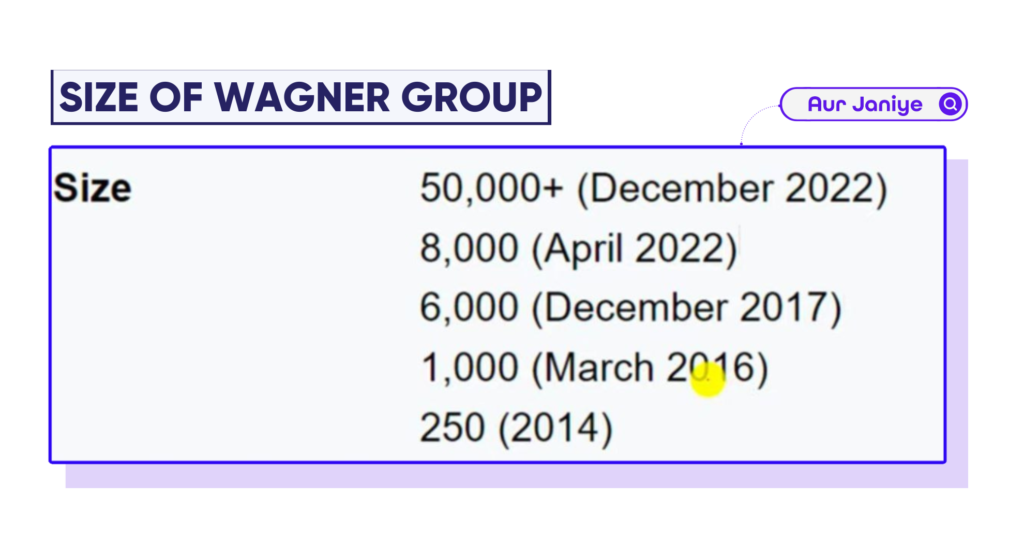
In 2014 when the Wagner Group just recently formed, only 250 people were the part of this group, these are not even recognized Govt. army personals, the majority of them were mercenaries, local body builders Prisoners from Russian jails, who entirely worked for money. And by the time, the size of Wagner Group kept growing, As you can see in the above image.
Who is Yevgeny Prigozhin? Putin’s second hand!
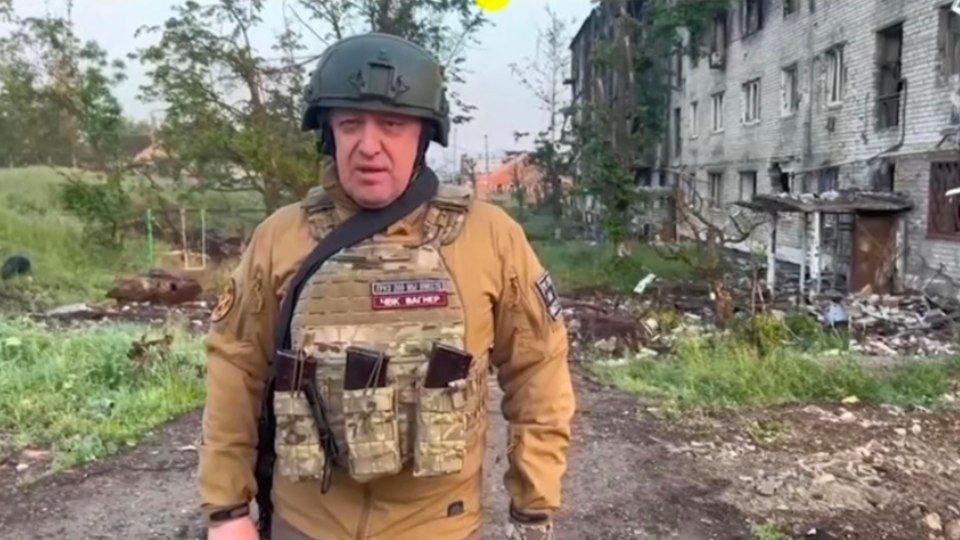
The person you are seeing above is one of the most important persons in Russia, he is also known as the another hand of Vladimir Putin. His name is Yevgeny Prigozhin. He was one of the most important persons of Vladimir Putin. And he has now rebelled against the current Russian Government!
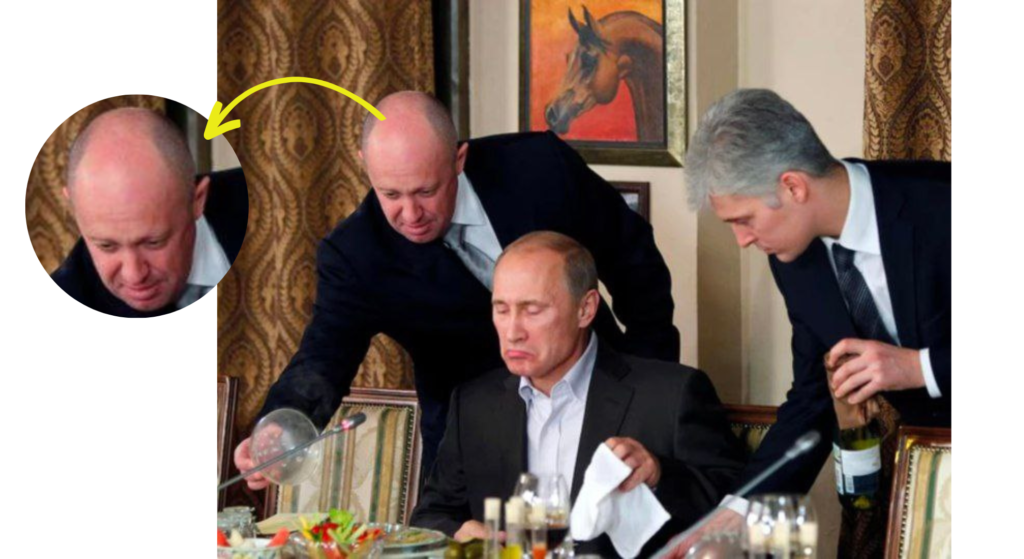
In 2004, Yevgeny Prigozhin was first Vladimir Putin’s personal chef, and also the same person has cooked food for many global leaders including Xi Zinping, and Narendra Modi. Prigozhin is the most trustable person of Putin. And the trust between them kept growing and eventually, Putin declared Prigozhin the leader of Wagner Group (Putin’s Private Army). Prigozhin became the main chief of Wagner Group.
Why did Wagner Group Rebelled?
The motivations behind the Wagner Group’s rebellion can be attributed to a combination of factors. First off, it’s crucial to understand that the majority of the group’s members are mercenaries who are motivated more by money rewards than by ideological convictions, and they entirely work for money. According to reports, tensions among the group developed as a result of worries about insufficient pay, unfavorable working conditions, and high casualty rates. Such grievances likely fueled discontent and dissatisfaction, leading to the rebellion.
Furthermore, the Wagner Group’s rebellion might be seen as a response to the evolving geopolitical landscape and shifting dynamics within Russia. The group’s leaders, including Prigozhin, might have grown disillusioned with Putin’s policies or felt marginalized within the broader power structure. As Russia faces increasing international scrutiny and economic challenges, internal divisions and power struggles are not entirely surprising.
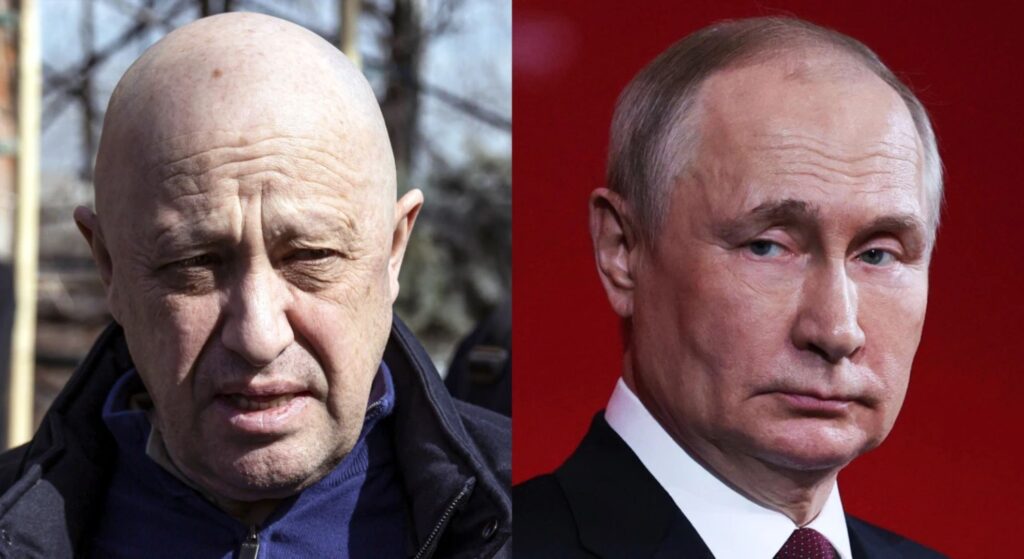
The Wagner Group, which has more than 50,000 members, is directly under the direction of its leader, Prigozhin. He then developed a feeling of arrogance and believed he could overthrow the Russian president Vladimir Putin.
He started accusing higher officials sitting in Moscow are living a luxurious life, In Ukraine, members of wagner group are losing lives every day and fighting for Russia. All of his statements went viral all over the world, and then the leader of Wagner group started rebelling against Russia.
Yevgeny Prigozhin has also accused Russian military of attacking his advancing troops. “We were fired upon: first artillery strikes, and then from helicopters,” Prigozhin said in a Telegram post, without giving evidence or specifying where the alleged attack happened.
Putin’s Reaction to Wagner Group
Putin says “Rebellion will be punished” after wagner chief claims he has taken control over Rostov.
Prigozhin claims Wagner has taken control of Russian military headquarters in Rostov.
President Putin wasted no time in addressing the nation, branding the Wagner Group’s rebellion as an act of treason. He vowed to take decisive action against the mutineers and called upon them to cease their criminal acts. Putin’s speech demonstrated his commitment to defending the country and maintaining stability.
It is worth noting that the Russian government has launched an investigation into the mutiny and the circumstances surrounding it, further emphasizing the severity of the situation.
The rebellion of the Wagner Group adds another layer of complexity to the ongoing Russia-Ukraine war. This conflict has already resulted in significant casualties and has strained diplomatic relations between Russia and several Western nations. As tensions escalate, the international community closely monitors the situation and evaluates potential consequences.
The rebellion of the Wagner Group has brought to light the intricacies of Russian power dynamics and the challenges faced by private military organizations. While the precise motivations behind the group’s rebellion might be multifaceted, it is clear that financial, operational, and political factors as well as bad policies played a role. President Putin’s stern response reflects the gravity of the situation and his commitment to maintaining stability.
What the World & Global Media Says?
Belarus confirms its commitment to supporting Russia even as the opposition demands independence.
In a statement released by its foreign ministry on Saturday, Belarus’ Security Council stated that it will continue to be a Russian ally.
Steve Rosenberg (BBC Russia editor) says, “No sense Russia will dissolve into civil war“
Today, walking through Moscow’s streets gives you a very peaceful, relaxed feeling.
You also fail to notice the broad security. Right now, it doesn’t appear as though Russia will break out in civil war.
However, things can swiftly alter. Vladimir Putin has a significant issue to solve here.
In addition to the conflict in Ukraine that he instigated, Putin is currently dealing with an armed uprising within his own nation.
John Simpson (World Affairs Editor) says, “Russian attacks on Wagner pushed Prigozhin over edge“
It was really unwise of President Putin to allow Wagner leader Yevgeny Prigozhin to get into a violent argument with Russian defence minister Sergei Shoigu and army head Valery Gerasimov.
As things stand, Putin is angrily joining in the row, but Prigozhin is restricting it to Shoigu and Gerasimov.
The next stage could be between Prigozhin and Putin.
Prigozhin thinks Russia has organised the military operation in Ukraine badly. He still has a relationship with Putin, which I imagine he doesn’t want to completely throw out at this stage.
Prigozhin has spent a lot of time on the front line – he’s that kind of leader. He doesn’t sit back, like Shoigu does, and send out his orders. The Wagner leader likes to be right up there on the front line with his men.
He identifies very closely with them – even though he threatens them and sometimes kills them.
Mistaken, or deliberate, attacks over the last few months by Russian soldiers on the Wagner Group pushed Prigozhin over the edge.
